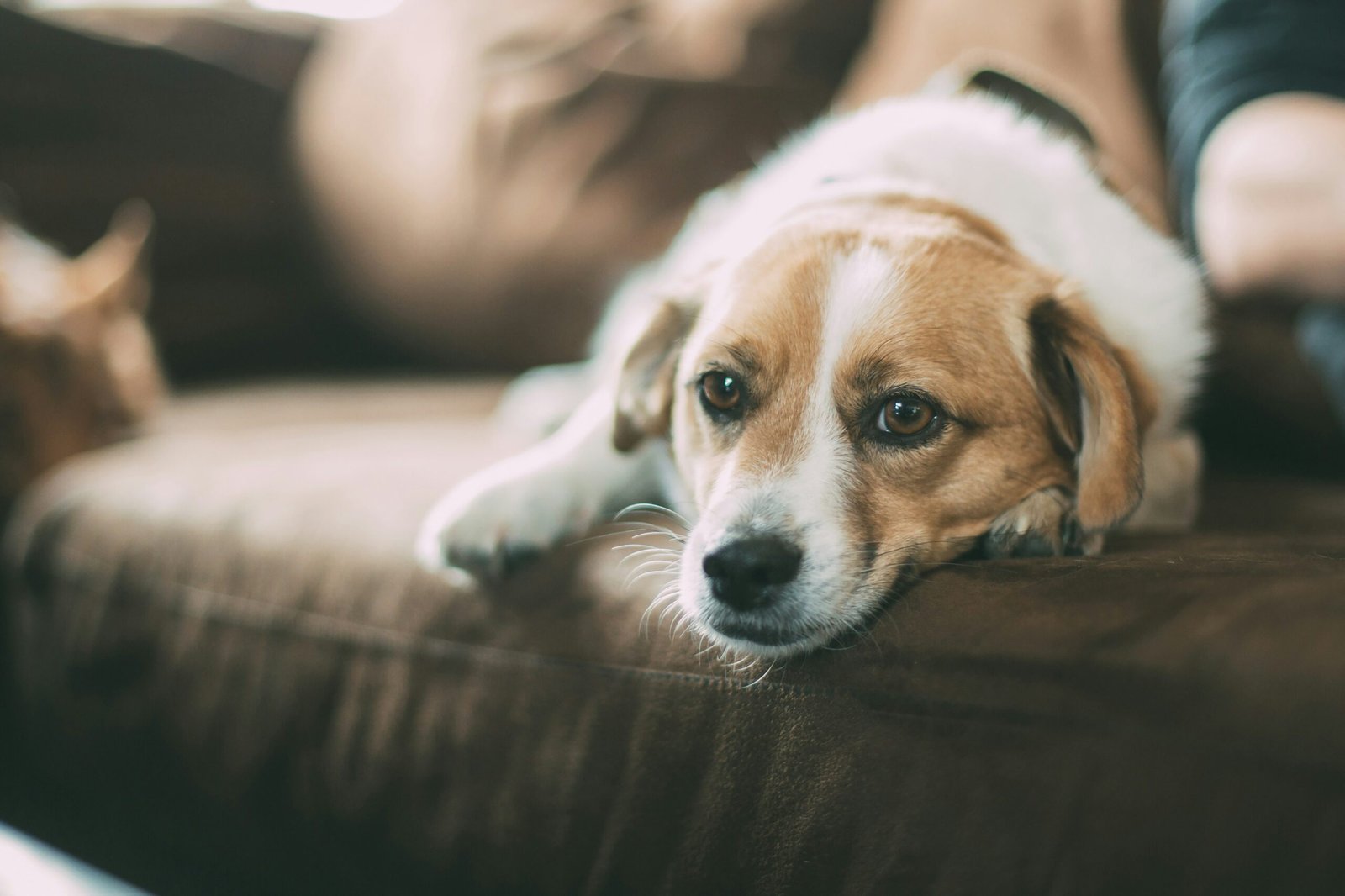As a pet owner, it could be exasperating to experience your dog waking up multiple times during the night. Not only does it affect your sleep quality, but it could also be suggestive of an underlying issue that needs to be addressed immediately. This comprehensive guide aims to explore potential causes that may be triggering your dog to wake up frequently at night and offers some effective solutions to help your pet companion achieve a restful and uninterrupted sleep.
Discomfort or Pain
One of the foremost reasons why dogs frequently wake up during the night is discomfort or pain. There’s a range of causes, from an uncomfortable sleeping environment to physical injuries, to underlying health conditions. Close observation of your dog’s daytime behavior can help identify any signs of discomfort, after which you should consult a veterinarian to rule out any potential medical issues.
Solutions:
– Invest in a comfortable, supportive bed for your dog.
– Ensure the dog’s sleeping area is free from drafts, excessive noise, or disturbances.
– Regularly examine your dog for signs of physical discomfort or injuries.
– Schedule regular veterinarian appointments for thorough examinations and appropriate treatments.
Anxiety or Stress
Dogs, like humans, are susceptible to anxiety and stress which may disturb their sleep patterns or cause frequent awakenings during the night. Common stress triggers include separation anxiety, abrupt changes in routine, loud noises, or unfamiliar environments. Recognizing and addressing these anxieties can significantly improve your dog’s sleep quality.
Solutions:
– Implement a consistent daily routine to offer your dog a sense of security.
– Gradually expose your dog to new environments or situations to mitigate anxiety.
– Utilize calming techniques such as soothing music, massages, or aromatherapy.
– Consult a professional dog trainer or behaviorist for additional guidance.
Age-related Changes
Like humans, dogs also undergo changes in their sleep patterns as they age. Senior dogs may struggle with settling down at night or may need to urinate more frequently, causing sleep interruptions for them and their owners.
Solutions:
– Provide your elderly dog with a comfortable sleeping area, such as an orthopedic bed.
– Consider using pee pads or providing access to an indoor bathroom area to minimize nighttime restroom breaks.
– Regular veterinary check-ups are necessary to monitor any age-related health conditions.
Lack of Exercise or Mental Stimulation
Dogs require a good amount of physical exercise and mental stimulation to expend their energy and promote good sleep. If your dog isn’t getting sufficient activity, they may have pent-up energy that keeps them awake at night.
Solutions:
– Ensure your dog receives adequate exercise, such as walks, runs, or playtime.
– Engage your dog in interactive games and puzzles to stimulate their mind.
– Consider enrolling your dog in obedience or agility training classes.
– Provide dog-friendly chew toys to keep your dog entertained.
Environmental Factors
Several environmental factors can disrupt your dog’s sleep, including disturbances like noisy neighborhoods, other barking dogs, sirens, or even changes in temperature or lighting.
Solutions:
– Establish a calm and quiet sleeping environment for your dog.
– Use white noise machines or calming music to mask external noises.
– Maintain the room at an optimal temperature and ensure proper ventilation.
– Employ blackout curtains or blinds to block out excessive light.
Hunger or Thirst
Nighttime awakenings could also signal that your dog is hungry or thirsty. This is particularly common in puppies or high-energy dogs.
Solutions:
– Feed your dog a balanced diet that fulfills their nutritional needs.
– Ensure access to fresh water throughout the day and just before bedtime.
– Consider offering a small, high-quality snack before bed to subdue their hunger.
Medical Conditions
Certain medical conditions, such as urinary tract infections, gastrointestinal issues, allergies, or chronic pain, can cause dogs to wake up frequently during the night.
Solutions:
– Consult a veterinarian to rule out any underlying medical conditions.
– Follow the prescribed treatment plan by the veterinarian if a condition is diagnosed.
– Adjust your dog’s diet or lifestyle as needed to manage any chronic conditions.
Lack of Routine or Training
Dogs thrive on routine and structure. If there’s inconsistency in your dog’s routine or inadequate training, they may struggle to settle down and sleep soundly through the night.
Solutions:
– Establish a structured daily routine for your dog, including feeding, exercise, and sleep times.
– Maintain consistent sleep and wake-up times to foster a healthy sleep schedule.
– Use training and positive reinforcement to teach your dog appropriate sleep behaviors.
Breed or Genetic Factors
Certain dog breeds are inherently more prone to sleep disturbances due to their genetic makeup. Breeds with brachycephalic features or high energy levels might have a higher propensity of waking up at night.
Solutions:
– Understand your dog’s breed characteristics and modify their sleep routine accordingly.
– Provide breed-specific mental and physical stimulation.
– Consider seeking advice from a breed-specific expert or veterinarian for additional guidance.
Parasites or Allergies
Parasites, such as fleas or ticks, can cause discomfort and itching, leading to interrupted sleep. Also, allergies to certain foods or environmental factors can contribute to nighttime restlessness.
Solutions:
– Regularly check your dog for signs of fleas, ticks, or other parasites.
– Consult with a veterinarian to determine if allergies are causing sleep disturbances.
– Follow the veterinarian’s recommended treatment plan to manage parasites or allergies.
In conclusion, numerous factors could be contributing to your dog waking up multiple times at night. Promptly addressing these issues is crucial to ensure your dog’s well-being and to promote a good night’s sleep for both you and your fuzzy companion. By understanding the potential causes and implementing the suggested solutions, you can help your dog achieve a peaceful, uninterrupted sleep, ultimately leading to a happier and healthier life together.











